– I grew up on the South Side of Chicago. Our school system was obviously very different from Wisconsin’s school system. We didn’t learn a lot. We didn’t have books. My family wasn’t in a position to educate me on things such as life insurance and credit. And I feel like as we learn these things, we should share it with our community and educate them. Because just like my family wasn’t in a position to educate me, I’m pretty sure there’s thousands of other families out there who just lack the knowledge to be able to teach their families this important thing ’cause it’s very important. We need to understand the “whys” behind why we’re doing what we’re doing.
– I love that. You all are speaking music to my ears. I am someone who’s super passionate about financial literacy. Even though I get there are some challenges with how that industry operates and the assumptions that it makes about people.
– Myesha: Yes.
– Because actually, poor people don’t need to not go to Starbucks every day. Like, that’s not a poor people issue. The issues with people in poverty are very different from those in the middle class. But I agree that there are some maybe foundational things that are necessary before you even get to the point where you’re going through the home purchasing process and interacting with a Tiffany to, like, go to showings and things like that.
– Myesha: Absolutely.
– So I guess, what advice would you have for folks, particularly from our communities, other historically marginalized communities who are like, “Man, I’m just trying to get started with the basics.”
Like, what’s a basic way to get started to position yourself to be competitive in a housing market like Dane County’s?
– Tiffany: I’d say number one is budgeting.
– Myesha: Absolutely.
– Tiffany: Find out where you are on paper.
– Angela: That’s a four-letter word. Because once you write down those bills, what you have coming in and going out. Like, you check yourself real quick, and you’re like, did I really spend $500 this month on fast food? You, like, check yourself in the door.
– Yeah.
– So, like, you don’t, I don’t think people really know how much money they have until they put it down on paper.
– Myesha: Absolutely.
– Because it looks like you’re making $35 an hour on paper.
– Angela: I’m good.
– Tiffany: But taxes, insurance. That’s like nothing.
– Angela: Watch more Why Race Matters online and on the PBS app on your phone, tablet, Roku, or any other streaming device.
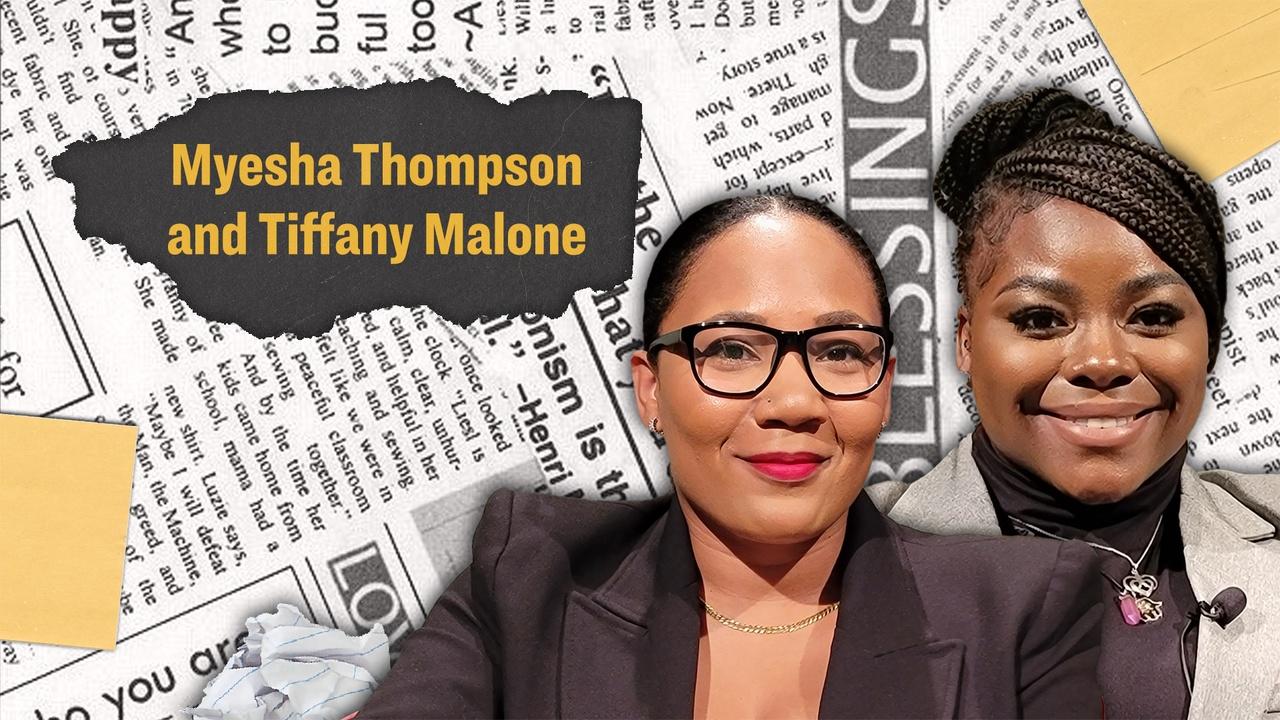
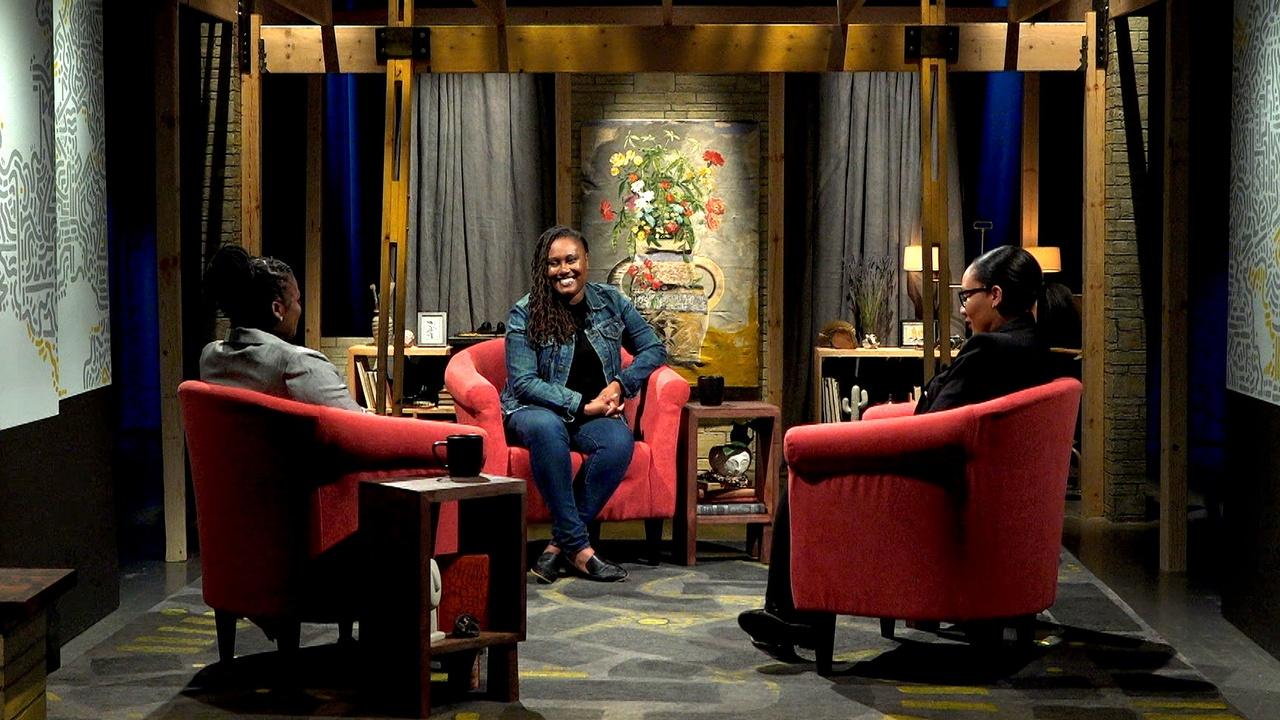
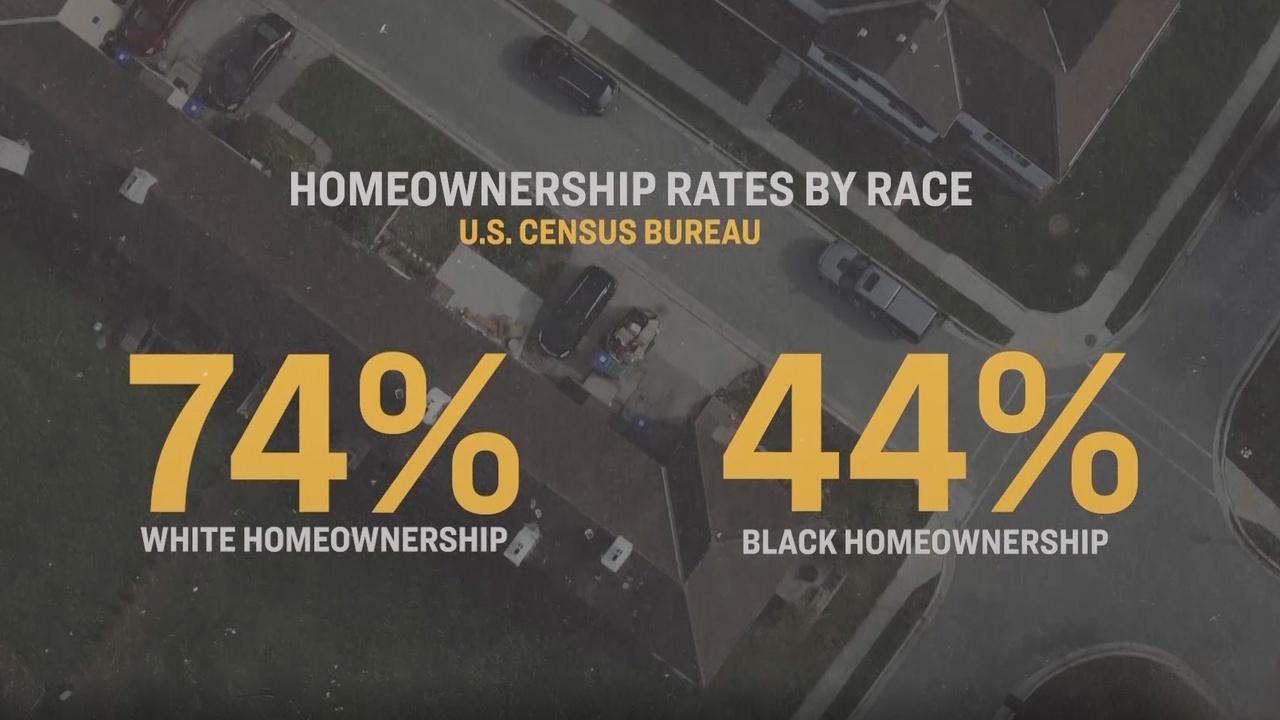
 Passport
Passport





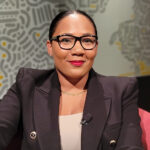

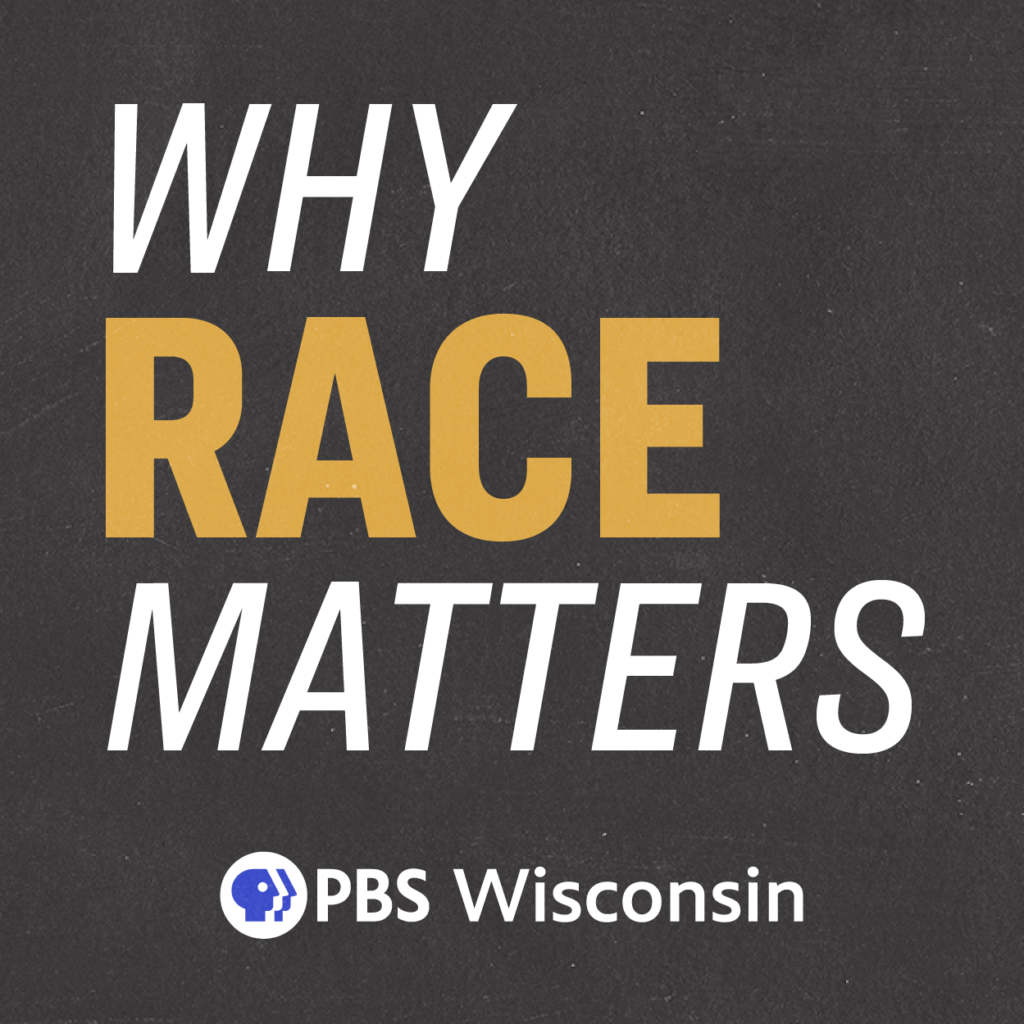

Follow Us